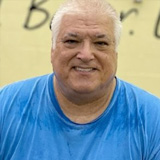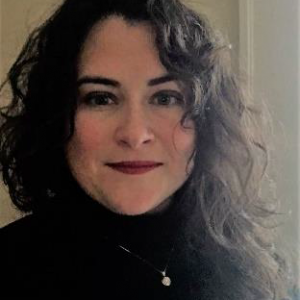Welcome Back
If you are a Program Participant, Program Facilitator, or JustFaith Network Member you are in the right place! Log in to see all your content.
Forgot your password?What our program participants are saying

JustFaith’s new "Youth for Justice: Our Faith in Action” curriculum provides youth leaders with the resources they need to take on the hard questions and work of justice in their unique ministry locations. With probing questions, eye-opening videos, and a variety of topics to choose from, youth are able to explore and discover the connection between their faith and justice—and that these two are inextricably intertwined. Youth will connect to the contemporary music offered in the curriculum and discover that there is no choice but to live out the things they are learning. We are very grateful for this youth-centered curriculum that lighting a fire in youth at our church!

As a Unitarian Universalist residing in the Bible Belt, I've become used to interfaith-based conversations that revolve around all the flavors of Christianity, so this course on Spiritual and Racial Equity surprised me as being true to its promise of welcoming and speaking to people of all faith traditions. My favorite part could be the guided meditations which were effective even over Zoom. I recommend this course for people who recognize that systemic racism in American makes individual relationships messy, complicated and nuanced - yet the participant is prepared to dig in anyway, willing to experience discomfort at times because, ultimately, the pavers on the pathway to justice we are laying down are comprised of joy, prophetic wisdom, empowerment, and good will, all of them being spiritually-centered attributes and pursuits that we may overlook. Engaging in the 'struggle' and the 'work' of anti-racism may be necessary labor but this program prepares participants' hearts and minds to be open to the beauty and transformation that are always within our reach along the way, no matter how distant we may be from the justice we seek.

We live in a society that has forgotten its sacred connection to the Earth. As the climate crisis advances we must actively discern our responsibility not only to this planet, but to the marginalized communities disproportionately affected by it. I was so inspired to see JustFaith Ministries tackle this timely subject in Sacred Land: Food and Farming. The program challenges not only your personal accountability, but explores ways you can advocate for sustainable practices that impact the community around you.
